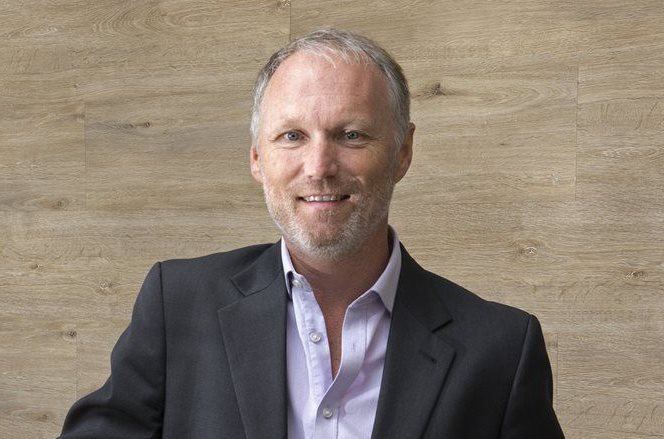A look at SA's SME sector come 2030

Our economy is changing lightning-fast, with technology being the single-biggest catalyst. Between now and 2030, robotics, Artificial Intelligence, blockchain and other innovative solutions will become even more prevalent than they already are, allowing the private sector to operate more efficiently and cost-effectively, often with fewer employees.
The growing contingent of more confident startups will change the face of our economy between now and 2030, for starters because they are more in tune with what their customers need, particularly compared to large corporate dinosaurs.
I foresee South African tech companies to continue to eat away at large companies’ revenues, profits and presence simply because they offer customer-focused solutions that provide end-users with an experience, not just a product or service.
Startups will become bolder
As time elapses, startups in South Africa, and the rest of the continent, will become bolder, gutsier, and more daring. Fintechs especially will continue to disrupt the status quo, which is what they are already doing. Today, you can get insurance within 10 minutes without standing in a queue, save for a rainy day or invest without needing a bank account, and get business funding without requiring collateral.
The latter is important, particularly for budding entrepreneurs: accessing finance continues to be their single-largest obstacle. Despite a dozen different government-led SME funds and financing schemes, the 2018/2019 Assessment of South Africa’s SME Landscape report shows that over half of SMEs in this country dies before their third birthday. Funding issues tops the list of challenges.
This may become a thing of the past as we approach 2030 thanks to a growing community of alternative lenders and fintech companies that take a different approach to risk. To companies like ours, an applicant’s financial records and business performance is what really matters when applying for working capital - not his or her collateral or assets.
Reinvention of fintech lenders
In addition, by doing things differently, fintech lenders are forcing the banks and other conventional lenders to reinvent themselves if they want to stay relevant to a growing pool of potential clients, namely SMEs.
There is, unfortunately, one more pressing issue that needs to be addressed, over and above the funding issue. Besides struggling to access finance, South African SMEs are faced by clients who are failing to pay them within the legally prescribed time frame of 30 days.
In March last year, the government was sitting on R27 billion worth of outstanding SME invoices, the SBI reported. This is what corruption costs South Africa every year. The private sector isn’t much better. The SBI has recently found that just a mere fraction of the JSE’s top 100 companies are paying their smaller service providers within prescribed 30 days.
This has been a huge issue for decades - and if we will allow it, this entirely preventable problem will continue well beyond 2030, serving as a double-edged death sentence for our SMEs. Non-payment, after all, also hits those Fintech companies that are trying to make it easier for smaller companies to get funding in order to grow into ventures. Each of which contributes to our economy and keep South Africa at the forefront of the digital revolution.






















